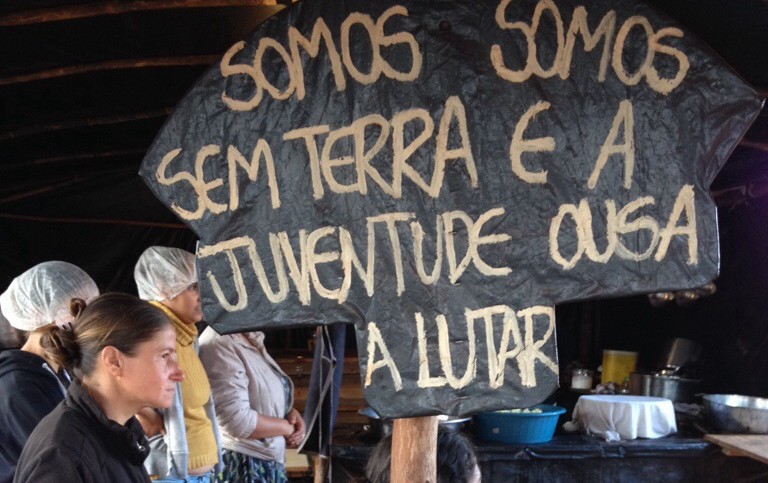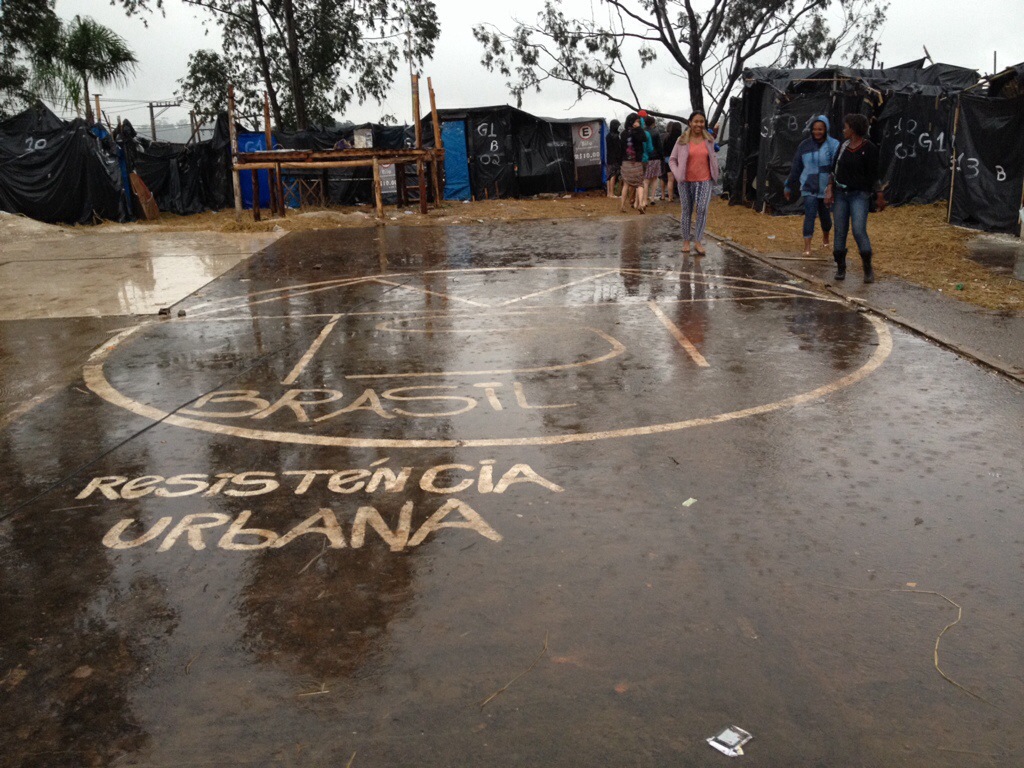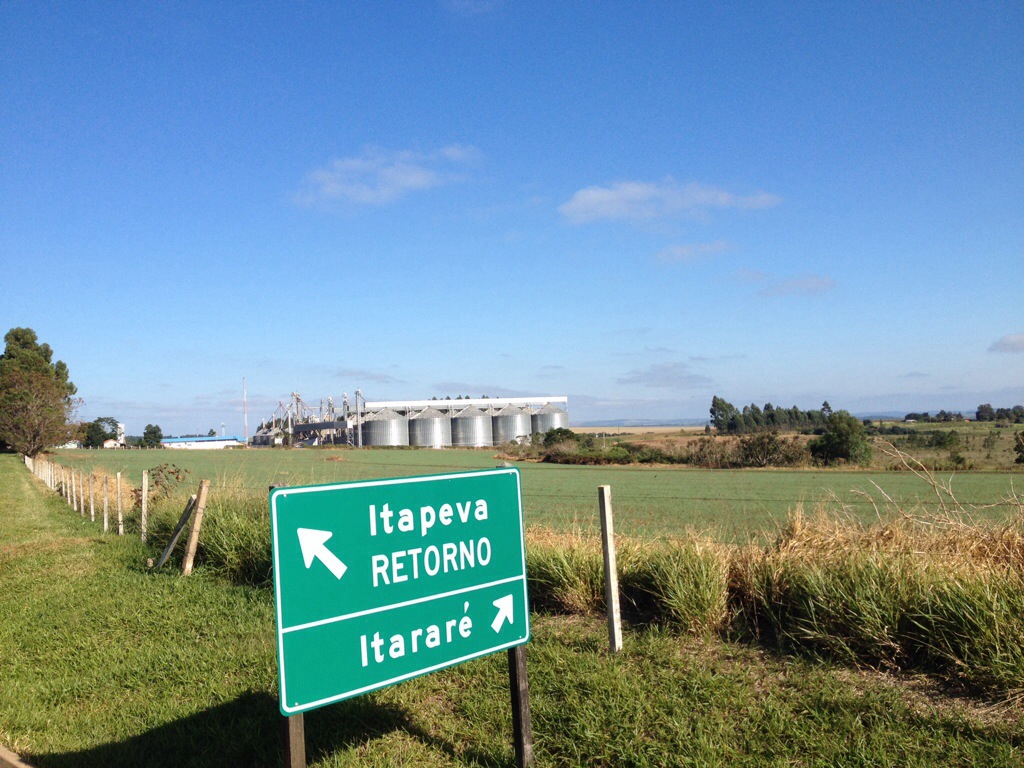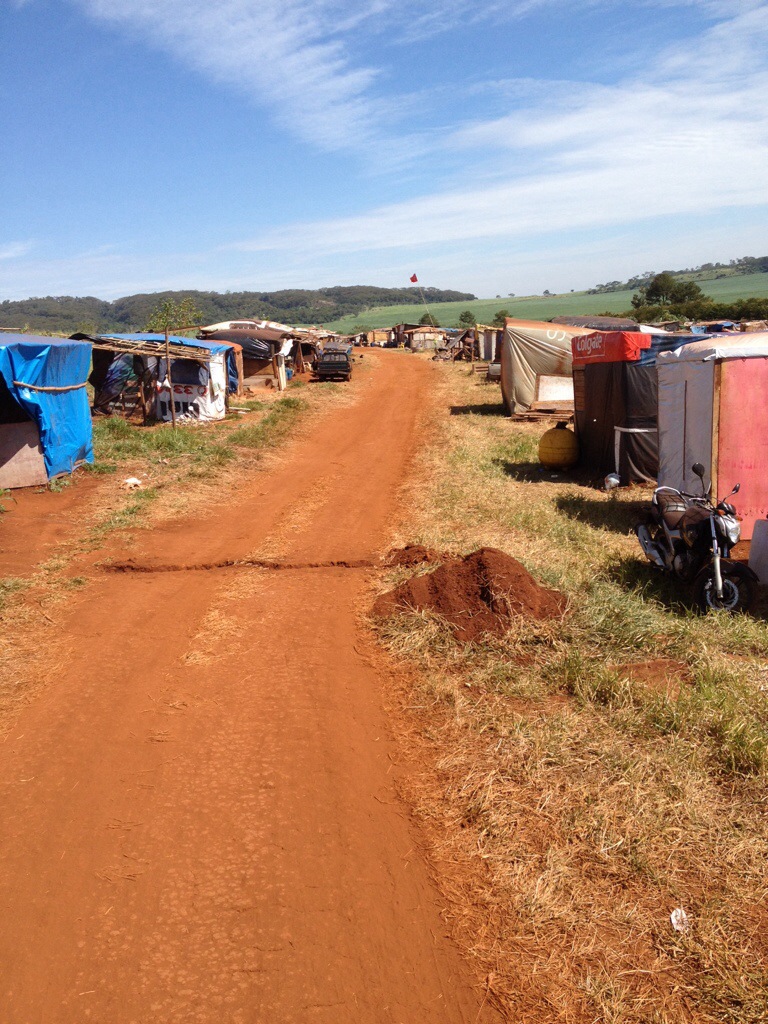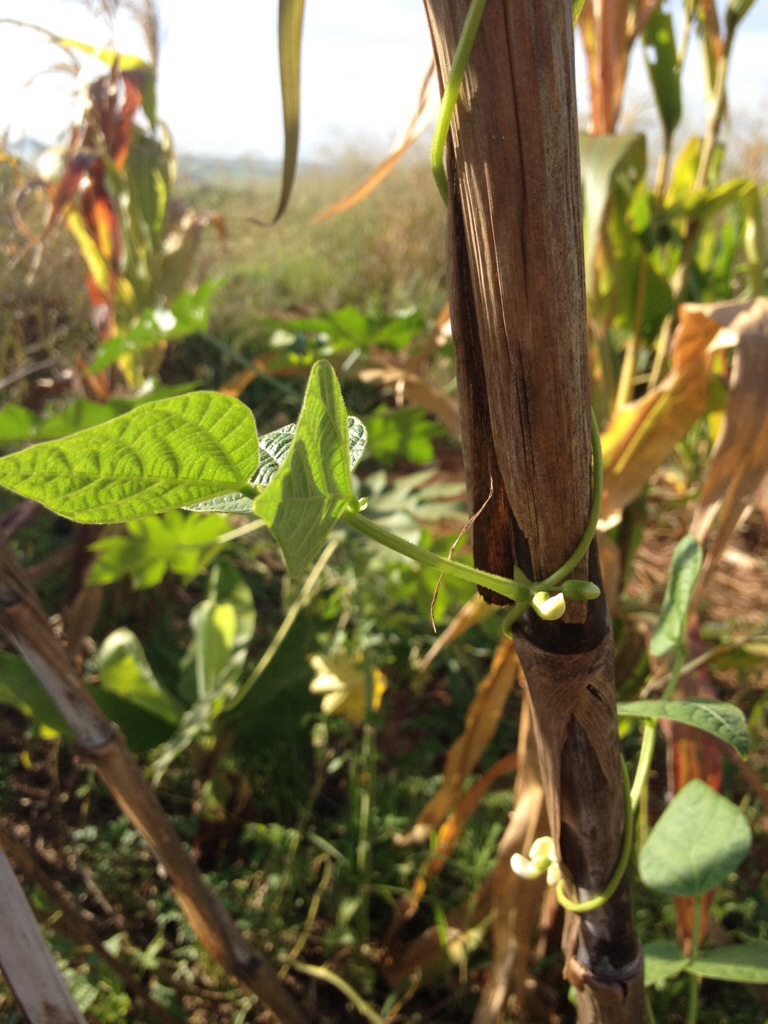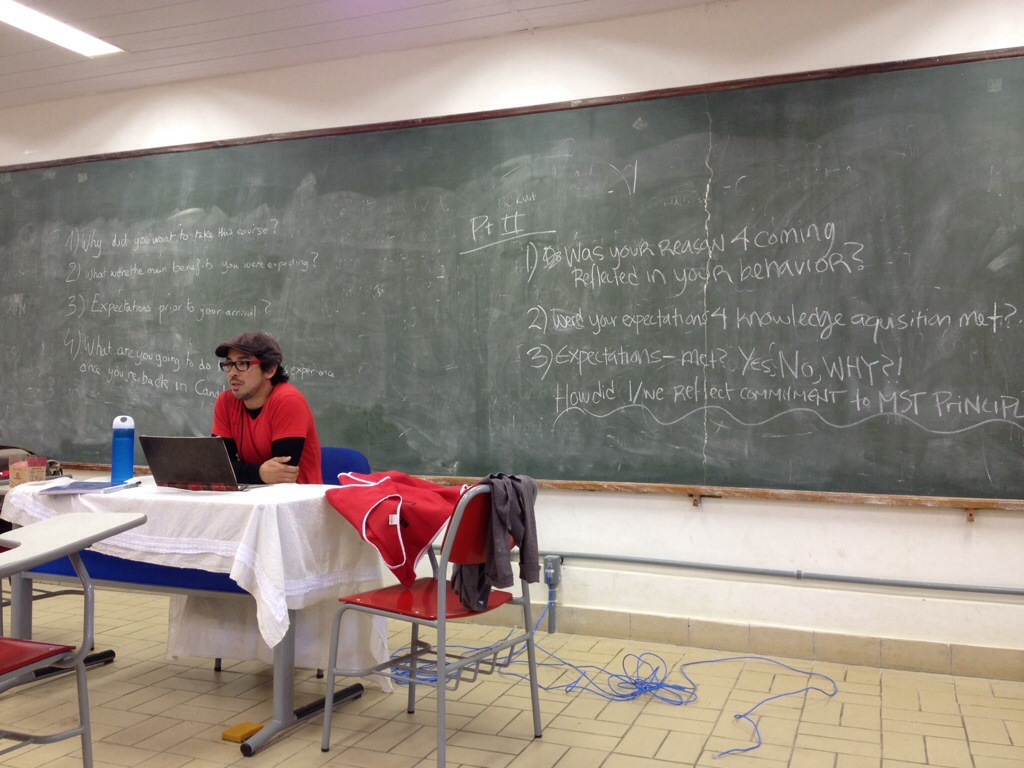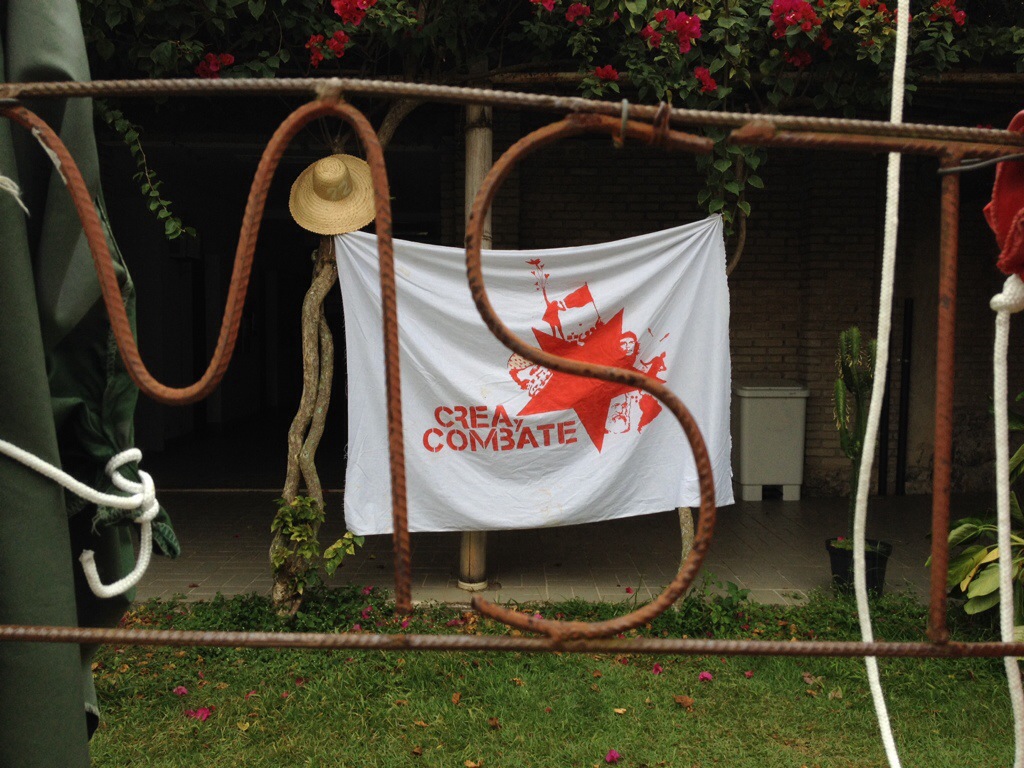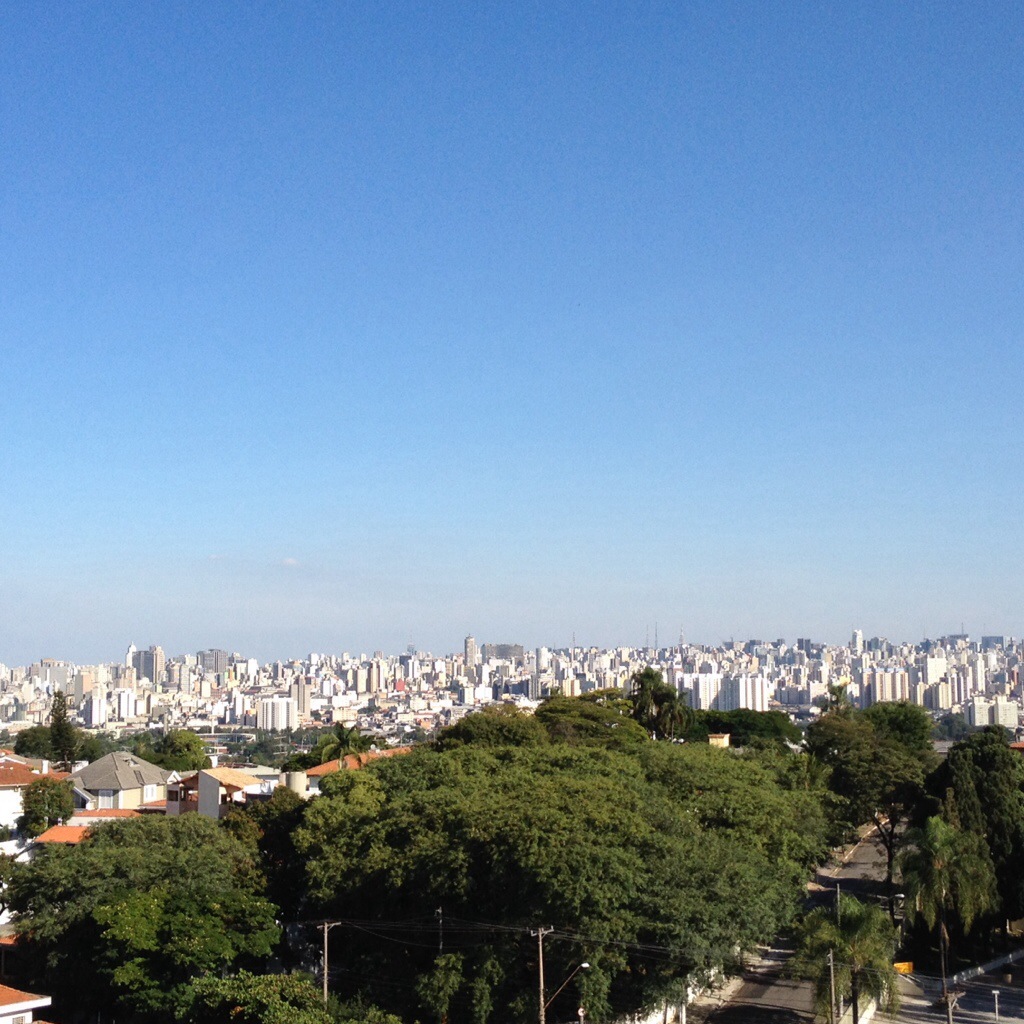This article is part of a short series on the Brazilian Agrarian Reform movement known as the MST. It will be divided into two articles: the first will give a brief history and the context of the movement and the next will asses the strength and weaknesses of the MST as well as give a Canadian perspective for the movement.
When our group of Canadian students signed up to learn about social movements in Brazil through Bishop’s University in Sherbrook, Quebec we were told we would meet various social movements including urban social movements headquartered in Sao Paulo. The last two days of our course was set aside for such...
The morning breaks and the shadows begin to flee. All around me there is an orchestra of sound. Humming birds, crickets, hens and various birds chirp, tweet and call out for each other. Today our group is in the Center of the 6 Itapeva Settlements, a place bordering the state...
Alexandra Kollontai Settlement Named after a Soviet female writer the settlement of Alexandra Kollontai (Alexandra Koluntai) has existed for 14 years. Prior to becoming a permanent settlement the 80 families who now call the area home were encamped for five years. In 2000 when the state expropriated the land from...
Ribeirão Preto (Heebeirawn Prëto) is a municipality in the heart of São Paulo State. Situated 6 hours northwest of Sao Paulo city it is in the heartland of Brazil's sugar cane production for ethanol and biofuels. In this fertile land volcanic basalt rock, still rich with minerals, nourishes the soils...
The MST has 8 core values that it fosters among its members. 1. Collective direction (administration) 2. Division of tasks 3. Professionalism 4. Discipline 5. Planning 6. Study 7. Link to the masses 8. Critique and Auto Critique This last principle of Critique and Auto Critique is central to the...
A March in Hounour of 106 Year-old MST Member Luiz Beltrame is a poet and MST activist from the state of Sao Paulo. He is 106 years old. Born in Paramirim in the state of Bahia on October 11, 1908, he worked from a young age in the fields, in mining,...
The course assistant Melinda and I sit inside a 61-seat bus on its way back to Sao Paulo. The participants of the
"Comrades don't leave, we're about to start the mystique."
Our little group of Canadian "Comrades" was headed to our dorms to receive our morning schedule after a delicious breakfast of organic honey, jelly, butter and freshly made white bread accompanied by hot coffee, or milk, and freshly picked oranges. For added flavour with the warm milk cocoa powder was provided. Everything (perhaps not the powder) was grown in the school or a cooperatives directed by the MST. Cooperatives are agricultural ventures managed collectively by MST members for the benefit of the community and its members. They are based on expropriated and divided land cultivated by former encamped families. In some settlements, once the land has been awarded the families begin building on their new piece of government land but work collective to produce the needed goods for the community. Nobody owns the land. The land is of the people "o povo." The government gives them the right to stay and live there indefinitely until they stop producing. The honey and jelly came from one of many of these cooperatives in Brazil.
I sit back and lay on a hammock five floors up from the ground. It's midnight in Sao Paulo but it's 9pm at home. I talk with my family over Skype and I'm ecstatic about seeing their faces--especially the kids. My oldest nephew takes one look at the screen, smiles...

